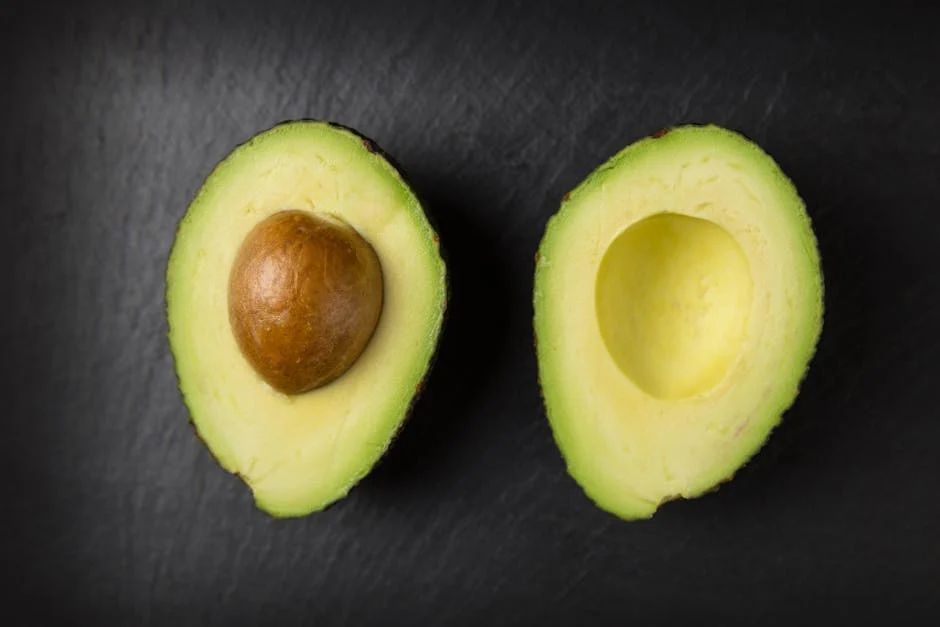Introduction
The Paleo diet, often referred to as the “caveman diet,” centers around consuming foods that our hunter-gatherer ancestors are believed to have eaten. This includes lean meats, fish, fruits, vegetables, nuts, and seeds, while excluding grains, legumes, dairy, and processed foods. While often touted for weight loss and improved energy levels, a deeper look reveals its potential impact on genetic expression, potentially leading to healthier outcomes. This article explores how the Paleo diet may influence your genes and contribute to overall well-being.
Paleo Diet and Genetic Expression: Unpacking the Connection
Understanding Genetic Expression
Genetic expression isn’t just about the genes you inherit; it’s about how those genes are expressed or activated. Epigenetics, the study of changes in gene expression that do not involve alterations to the underlying DNA sequence, plays a crucial role. Factors like diet, lifestyle, and environment can influence epigenetic modifications, effectively turning genes “on” or “off.”
The Evolutionary Mismatch Theory
The core concept behind the Paleo diet’s influence on genetic expression rests on the “evolutionary mismatch theory.” This theory posits that modern humans are genetically adapted to a hunter-gatherer lifestyle and diet. The rapid shift to agricultural and industrial diets, rich in grains, legumes, and processed foods, has created a mismatch between our genes and our environment. This mismatch can lead to chronic inflammation, metabolic dysfunction, and increased risk of diseases.
How Paleo May Positively Influence Genetic Expression
Here’s how the Paleo diet might favorably influence genetic expression:
- Reduced Inflammation: Paleo eliminates inflammatory foods like processed foods, refined grains, and added sugars. This reduction in inflammation can positively influence the expression of genes related to immune function and inflammation pathways.
- Improved Insulin Sensitivity: By excluding grains and refined carbohydrates, the Paleo diet can improve insulin sensitivity. Improved insulin sensitivity is linked to better expression of genes involved in glucose metabolism and reduced risk of type 2 diabetes.
- Enhanced Nutrient Density: The focus on nutrient-rich foods like fruits, vegetables, and lean proteins provides essential vitamins, minerals, and antioxidants. These nutrients can act as cofactors for enzymes involved in various metabolic processes and influence gene expression. For example, certain vitamins can activate genes involved in detoxification.
- Gut Microbiome Modulation: The Paleo diet emphasizes whole, unprocessed foods, which can promote a healthier gut microbiome. A healthy gut microbiome is increasingly recognized as a key player in influencing gene expression through the production of metabolites that interact with our cells.
Specific Examples of Gene Expression Impact
- NF-κB Pathway: This pathway is central to inflammation. The Paleo diet’s reduction in inflammatory foods can dampen the NF-κB pathway, reducing the expression of pro-inflammatory genes.
- SIRT1 Gene: This gene is involved in cellular repair and longevity. Some evidence suggests that calorie restriction and consumption of certain nutrients found in the Paleo diet (like resveratrol in berries) may activate SIRT1, promoting healthier aging.
- PPARs (Peroxisome Proliferator-Activated Receptors): These receptors regulate glucose and lipid metabolism. The Paleo diet’s focus on healthy fats (from nuts, seeds, and fish) can activate PPARs, influencing the expression of genes involved in fat burning and energy production.
Caveats and Considerations
It’s important to note that:
- Research is ongoing: While the theoretical basis is strong, more research is needed to fully understand the extent to which the Paleo diet influences specific genes.
- Individual Variation: Genetic makeup varies significantly between individuals. The Paleo diet may have different effects on different people.
- Sustainable Implementation: Ensure the Paleo diet is implemented sustainably and provides adequate nutrient intake, particularly for calcium and vitamin D, which may be lower due to dairy elimination.
Conclusion
The Paleo diet, by aligning with our presumed ancestral dietary patterns, holds potential for influencing genetic expression toward healthier outcomes. By reducing inflammation, improving insulin sensitivity, and providing nutrient-rich foods, it may optimize gene expression in ways that reduce the risk of chronic diseases and promote overall well-being. While further research is necessary, understanding the potential link between the Paleo diet and genetic expression provides a compelling rationale for considering this dietary approach as part of a comprehensive health strategy. Remember to consult with a healthcare professional or registered dietitian before making significant dietary changes.
